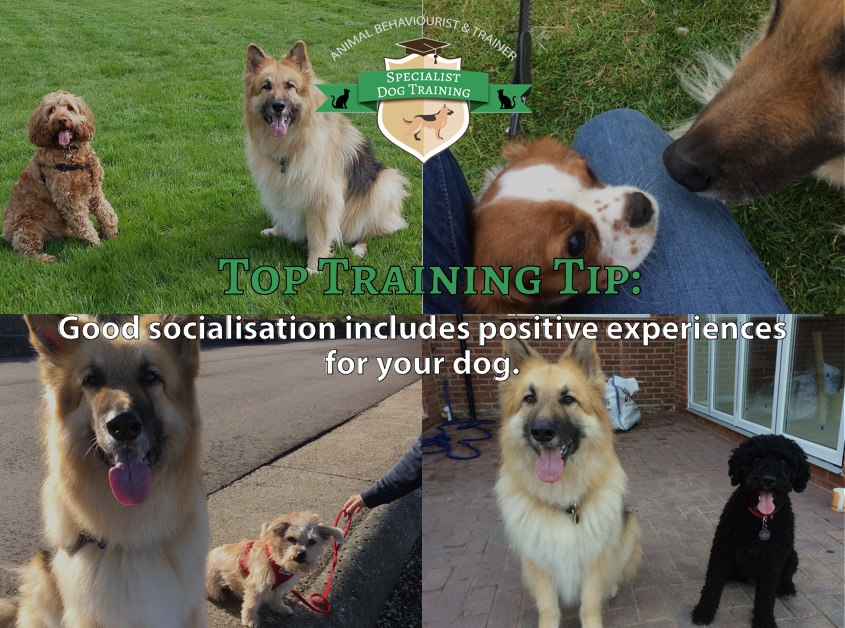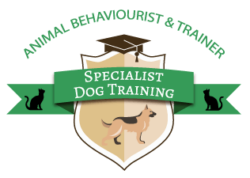
Teddy’s Top Training Tip: Good socialisation includes positive experiences for your dog.
Socialisation – Good socialisation includes positive experiences for your dog.
We have discussed over the past two weeks the difficulties in dog interaction, scenarios can often lead to negative experiences and environments/locations to include in your dog/puppy’s socialisation programme.
What you have probably learned reading the tips and bonus biscuit on socialisation is the many different owner’s understanding of what and how socialisation should be carried out.
It is not just about a trial and error with your dog, but careful and controlled meetings with people/dogs/places that is all important for your dog’s mental and social development. Get it wrong and the experience your dog has can last a life-time. The impact therefore affects the dog’s physical and mental well-being.
What does good socialisation mean: well it means that your puppy or dog has good experiences, then you can increase these experiences to become more challenging – all the while the experience is a positive one.
What happens when you are told that your dog needs socialisation – the first thing most owners think of is taking the dog to class – as they need to get the dog socialised. Let’s look at some behaviours that this dog (let’s call him Dog A) carries out:
- Dog A is on lead and sees another dog and starts barking and lunging towards the other dog.
- Dog A is off lead and runs over to the other and starts barking at the other dog, the owner tries to catch the dog, but Dog A just starts running around the other owner and dog, barking.
- Dog A may also not listen to the owner – even on lead, refuse food, and drag the owner all over the place.
The owner has decided the training class is the ideal solution, however it might be, but it might also be useful to think about a 1-2-1 training session where the trainer can assess the dog, give some suitable and specific advice on how to carry out some controlled socialisation and what socialisation is appropriate for the owner and their dog.
Here are some basic tips for any type of socialisation:
- Reward positive interactions and associations – do not use the food as bribe.
- Make sure that your dog can move away if he/she needs to – look for space.
- Is your dog coming back to investigate or does he/she pull away from the situation? Coming back indicates your dog is curious and you have kept the challenge of socialisation within his/her curiosity level.
- Help your dog solve the problem before it starts.
Remember do not use the “wait and see what happens” – be the owner who “trains and proceeds with appropriate levels of socialisation making sure that the dog is ready to move onto the level”
When you take your dog out – your time with your dog should be clear of anything else (no phone calls, no listening to music, no jogging, no cycling). It is this time that is the most important part of owning a well-mannered and social dog.
